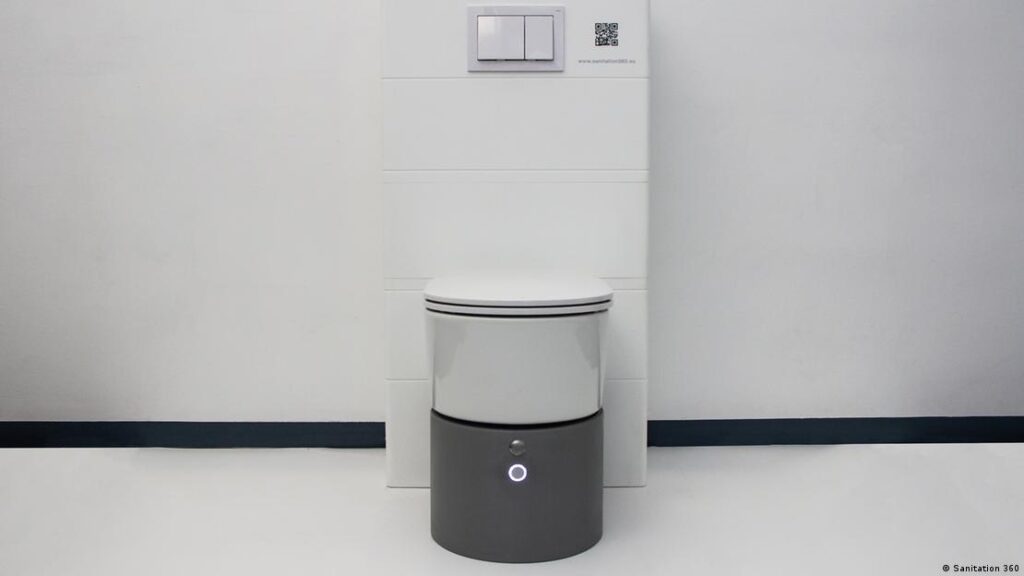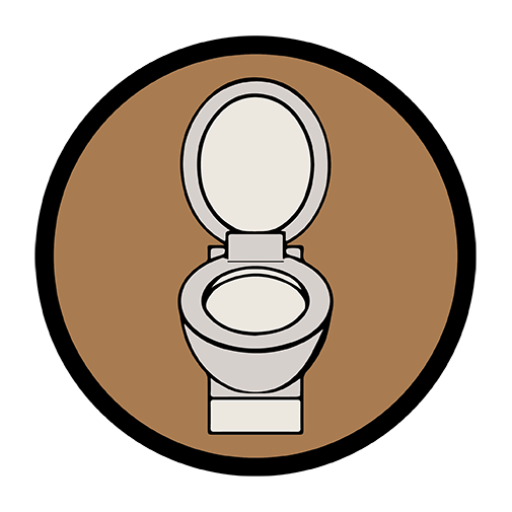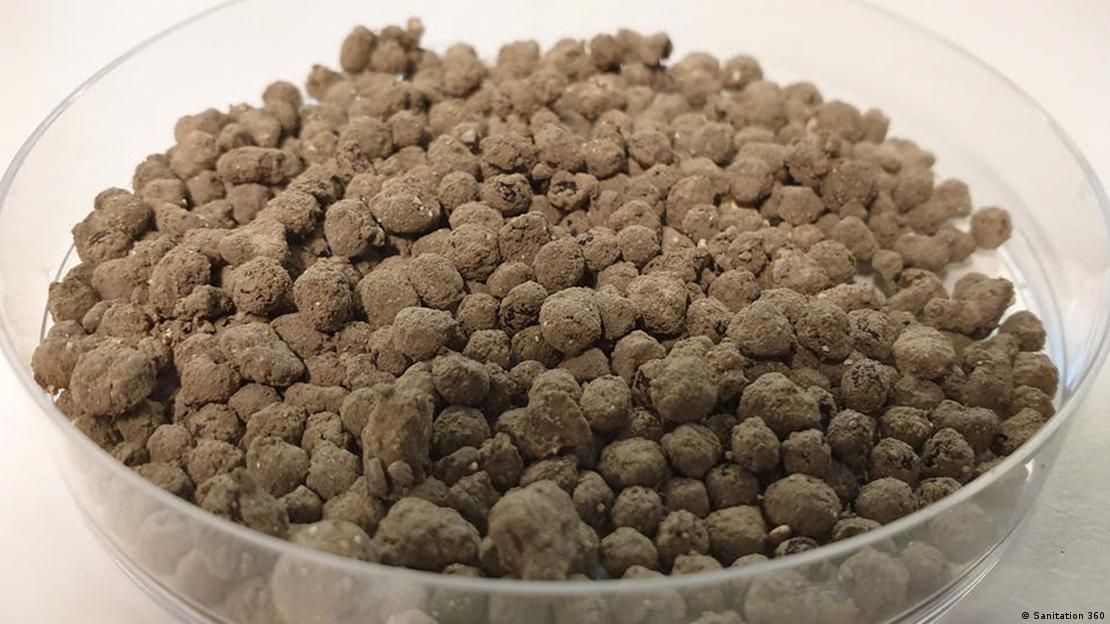Fertilizers from human waste can be a sustainable solution
The typical person generates a fair amount of bodily waste over the course of a year. 50 kilograms of excrement and around 500 kilograms (more than 1,110 pounds) of urine. When you multiply that by over 8 billion people, you have huge mountain ranges of crap and rivers of pee. Nonetheless, the vast bulk of it gets thrown away.
Several projects, as explained here, are now working to change that. In one such initiative, wheat crops are responding well to urine-based fertilizer projects at the Laboratoire Eau Environnement et Systemes Urbains (Leesu) outside of Paris. Farmers have discovered that the yield is similar to that obtained using synthetic fertilizers, which are either phosphate-based or generated using natural gas, a fossil fuel that is highly polluting.
In addition to leaving a smaller carbon impact, fertilizers made from waste also add organic matter to the soil. But, consuming food made with the help of human feces or even urine can be difficult to sell, regardless of how beneficial may be for the environment.
Ancient cultures were well-informed about human waste. They realized that nitrogen, phosphorous, and potassium—nutrients found in our urine and excreta—helped plants thrive.
Science journalist Lina Zeldovich describes life in Japan in the 1600s to 1800s in her book “The Other Dark Matter”, when people traded in shimogoe, or “night soil,” which was turned into manure and applied to less fruitful rocky terrain.
While in Mesoamerica the floating chinampa gardens of the Aztec age were heavily supplied with dung, in China waste produced by wealthier people was more expensive to buy on the grounds that a more nutrient-rich diet would result in a better product.
But, things started to alter in the 19th century. Zeldovich says that synthetic fertilizers and sophisticated wastewater systems have altered nature’s cyclical pattern.
“When we started farming and living in cities, we created this really interesting problem”, she said. “We grow food in certain places, then we transport and consume that food in other places”.
As a result, nutrients are not returned to neighboring fields but rather wind up in wastewater treatment facilities or nearby bodies of water.
And if fertilizers wind up encouraging algal blooms in our lakes and rivers, endangering fish and other aquatic life, that could be bad news. For instance, it’s a major issue on the US mainland, where around 65% of all estuaries and coastal waters in the lower 48 states are polluted by nitrogen-containing nutrients coming from shoddy septic systems and fertilizer that runs off farmlands.
There are other instances of our waste being put to good use besides the trials made outside Paris. Similar projects are being developed in North America to Africa including ones with a poop focus. A community program operated by the Rich Earth Institute, a research institution in the US state of Vermont, in 2021 resulted in 180 persons donating their urine for farming.
By producing cooking and industrial fuel from solid waste in Kenya, the start-up Sanivation goes above and beyond the traditional practice of using charcoal made from felled trees. The manufacturing, milk processing, and textile sectors are among its customers. The company claims that since 2018, it has sold 2,000 tons of its burnable poop pellets.
Similar to this, Sanitation 360, a Swedish company, has developed a technique for turning urine into pellets in an effort to promote a circular economy for waste from people. Colin McFarlane, a professor of urban sanitation at Durham University in the United Kingdom, asserted that, however, there is not enough infrastructure, in place to deal with large amounts of waste.
“We still haven’t come close to embracing the possibilities of seeing human waste as a resource”, he said. It would help to embrace all possible solutions to recycling and managing our waste, he added.
The problem of acceptance is another. According to research, there are hurdles related to culture and psychology that prevent more people from recycling their bodily waste.
For instance, fecophobia, or the fear of solid human excrement, is very popular in Ghana, where many people believe that using it to grow food is unhygienic. According to one study, however, the unfavorable view of feces-based fertilizer is greatly reduced once people are aware of how it is handled and processed.
Another obstacle is the potential health risks of fertilizers made from waste. Many believe bodily waste to be unhealthy, according to researchers, who point out that excrement in particular carries dangerous bacteria. According to studies, if poop fertilizer isn’t correctly handled, individuals may consume dangerous worms.

Nevertheless, Jojo Casanova-Linder, co-founder of the Swiss compost toilet company Kompotoi, explains the feces processing process simply. Compost begins to form after solids are exposed to high heat, which destroys microorganisms. Contrarily, liquids are distilled into concentrates that can be diluted with water on application.
It will take some time for the approach to gain widespread acceptance, according to Casanova-Linder. Over 300 toilet units have so far been sold by his company, mostly in Switzerland. But maybe timing shouldn’t be the main concern, he continued.
“The question is how long we can afford to [poop] in clean drinking water and not recover the resources”.

